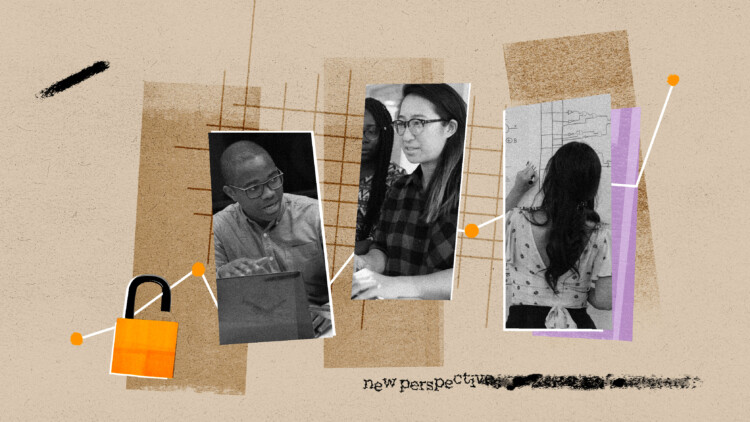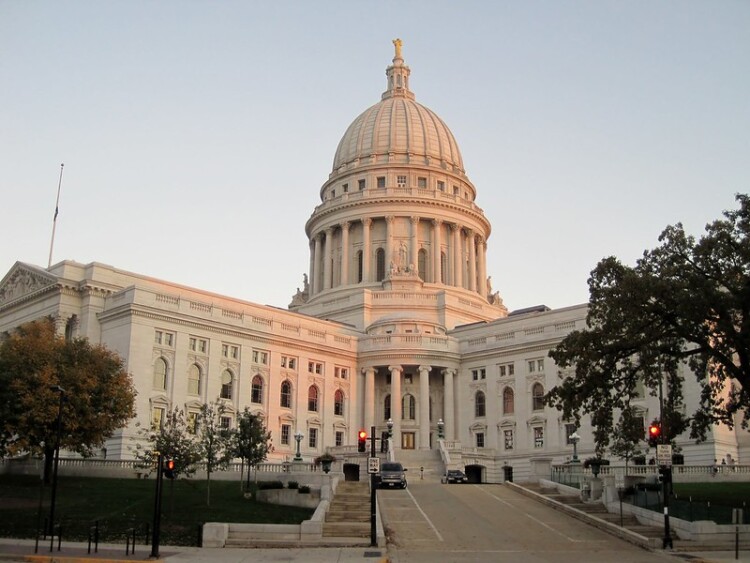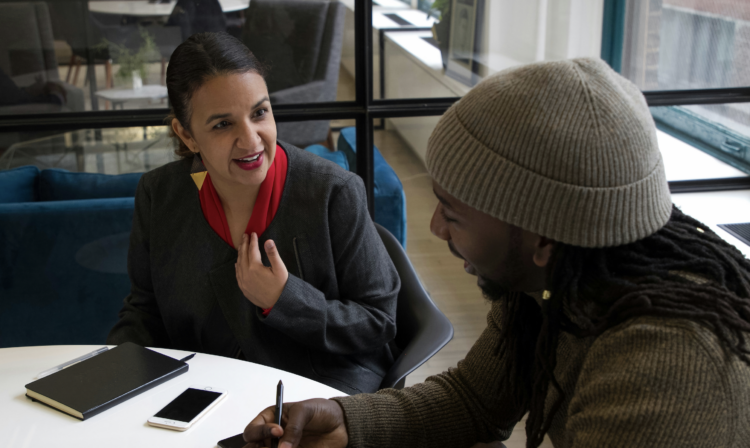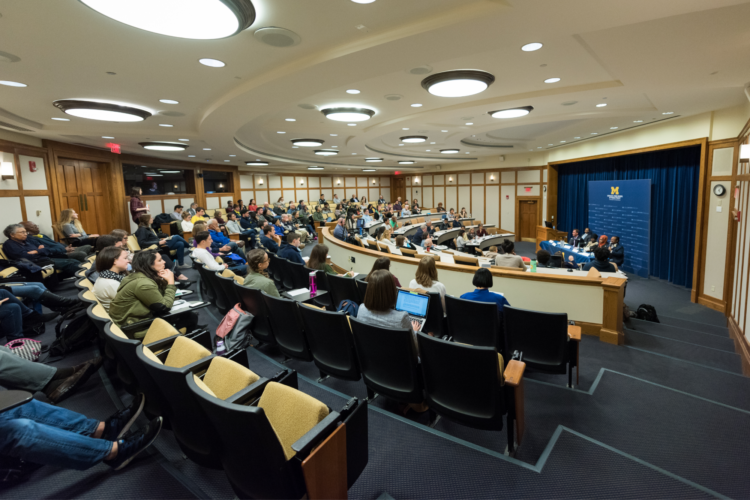Evidence from systematic research can deepen decision-makers’ understanding of issues, generate reliable assessment tools, support strategic planning, guide program improvement, and more. But only if it is used.
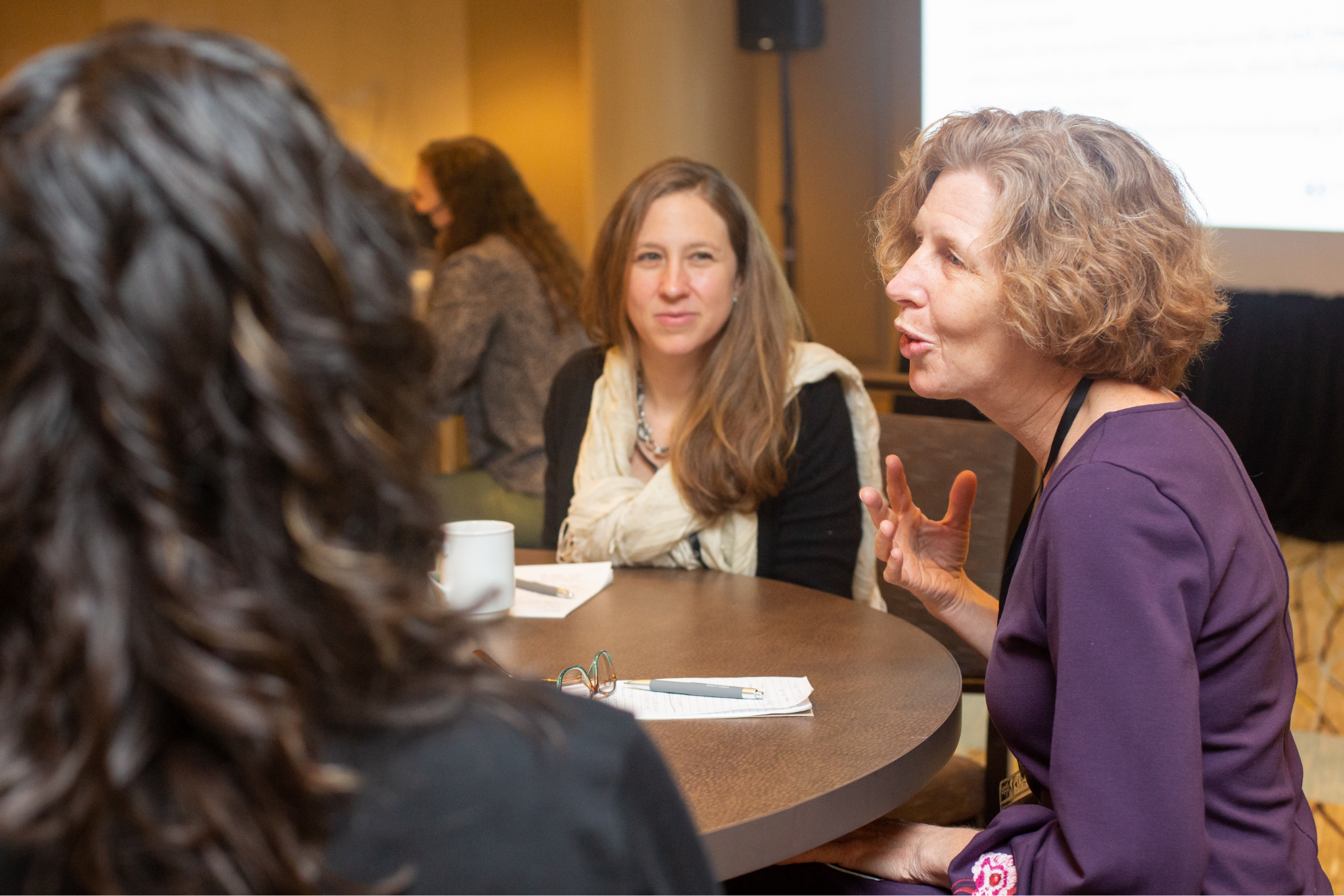
Focus Areas
Improving the Use
of Research Evidence
Funding
Opportunities
While an extensive body of knowledge provides a rich understanding of specific conditions that foster the use of research evidence, we still lack robust, validated strategies for cultivating them. In response, funding opportunities in this focus area support studies to build and test ways to improve the use, usefulness, and impact of evidence in ways that benefit young people ages 5-25 in the United States.
Grant Programs
This program funds studies that examine ways to improve the use of research evidence by policymakers, agency leaders, organizational managers, intermediaries, and other decision-makers that shape youth-serving systems in the United States.
Status:
Closed
Open date:
June 3, 2026
Next Deadline:
July 29, 2026 3:00 pm EST
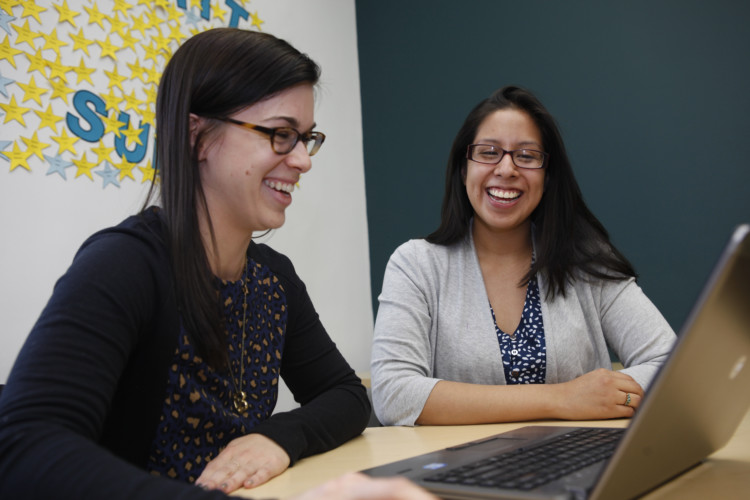
The William T. Grant Scholars Program supports career development for promising early-career researchers. The program funds five-year research and mentoring plans that significantly expand researchers’ expertise in new disciplines, methods, and content areas.
Status:
Closed
Open date:
March 27, 2026
Next Deadline:
June 30, 2026 3:00 pm EST
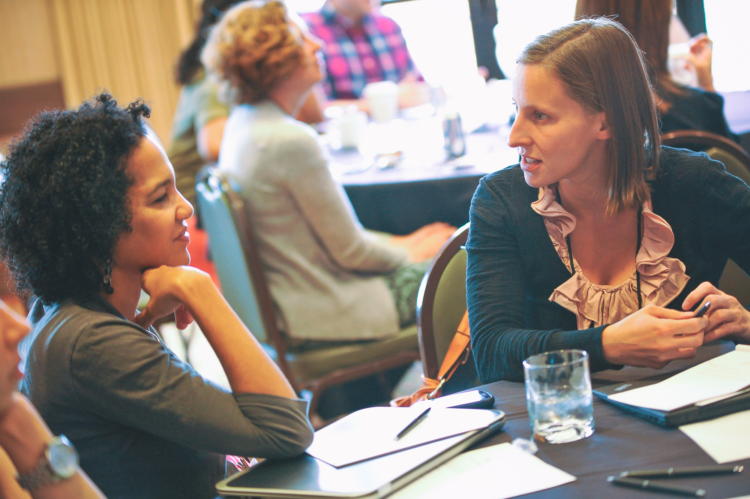
Recently Awarded Grants






